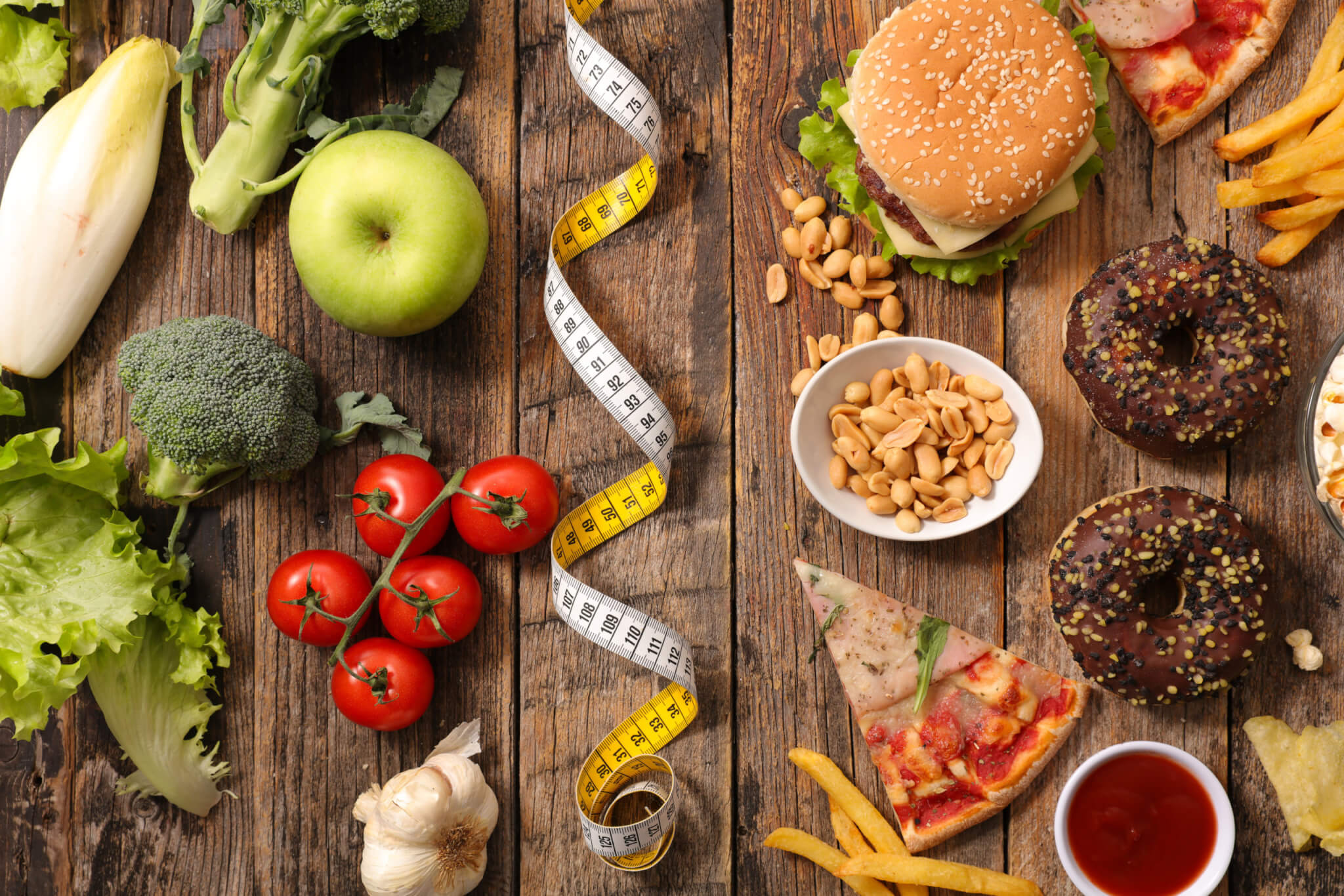ANN ARBOR, Mich. — We currently live in an era where diet trends constantly flood social media feeds. These “influencers” urge people to restrict, eliminate, and fast, which can be harmful to your health. However, a dietitian is advocating for a more balanced and flexible approach to nutrition.
In her book, “Think Like A Dietitian,” Joyce Patterson debunks common myths surrounding popular diets and emphasizes the importance of understanding the science behind our dietary choices. Patterson, a registered dietitian and diabetes care and education specialist at Michigan Medicine, points out the confusion and misconceptions fueled by the ongoing debate over nutritional components like fats and carbs, and how the fluctuating reputation of foods such as eggs is manipulated by the media and food manufacturers to boost sales.
“The sheer number of products and programs claiming to ‘reset your metabolism’ or ‘cleanse’ your system indicates that many people are indeed interested in the science,” says Patterson in a media release. “But few receive comprehensive and reliable nutrition education and are unable to discern between marketing ploys and good science. They are making food choices and purchase decisions based on minimal or misleading information.”

Among the various diet trends reviewed in Patterson’s book, she particularly examines the ketogenic diet and intermittent fasting, both of which have garnered significant attention from nutrition researchers and clinicians. While acknowledging the short-term benefits of the ketogenic diet in rapid weight loss and managing metabolic disorders, Patterson highlights the lack of long-term studies to ascertain its safety. Similarly, intermittent fasting shows promise for obesity and cardiometabolic disorders treatment, but more research is necessary to evaluate its long-term effects.
“When certain diets show promising findings in research, many well‑meaning, non‑nutrition clinicians will be quick to recommend these approaches,” explains Patterson. “From low fat to low carb to fasting, the most popular diets are ironically the most restrictive. It is no wonder they tend to be the most unsustainable.”
Patterson clarifies that initial weight loss in diets, such as the keto diet, often results from water loss, and emphasizes that various eating patterns can lead to weight loss without proving one superior over another for long-term maintenance. A significant concern Patterson raises is the selective application of diet features by individuals, often leading to unhealthy practices.
“A common practice is that people will apply certain features of a diet, instead of the actual dietary pattern that was researched. Without proper guidance, people may end up practicing unhealthy behaviors that put their health at risk,” notes Patterson.

Instead of obsessing over nutrient minutiae, Patterson advocates for focusing on healthy food choices.
The “all-or-nothing” attitude prevalent among those following diet trends is another issue Patterson addresses. While many can successfully lose weight for short-term goals, unexpected life events can disrupt their strict regimen, leading to frustration and abandonment of the diet. She stresses that such challenges are recurring and inevitable, suggesting that flexibility and the ability to adapt are crucial for sustainable dietary habits.
To counteract the pitfalls of rigid dieting, Patterson recommends adopting an “80/20” rule, where dietary perfection is not the goal, but rather a balanced approach that allows for occasional indulgences without compromising overall health. This strategy acknowledges the impracticality of dietary perfection and promotes a more sustainable and enjoyable eating pattern.
“A healthy diet does not have to be all-or-nothing,” concludes Patterson. “The occasional treat is not harmful. However poor choices in excess can increase risk for nutrition-related disease.”
